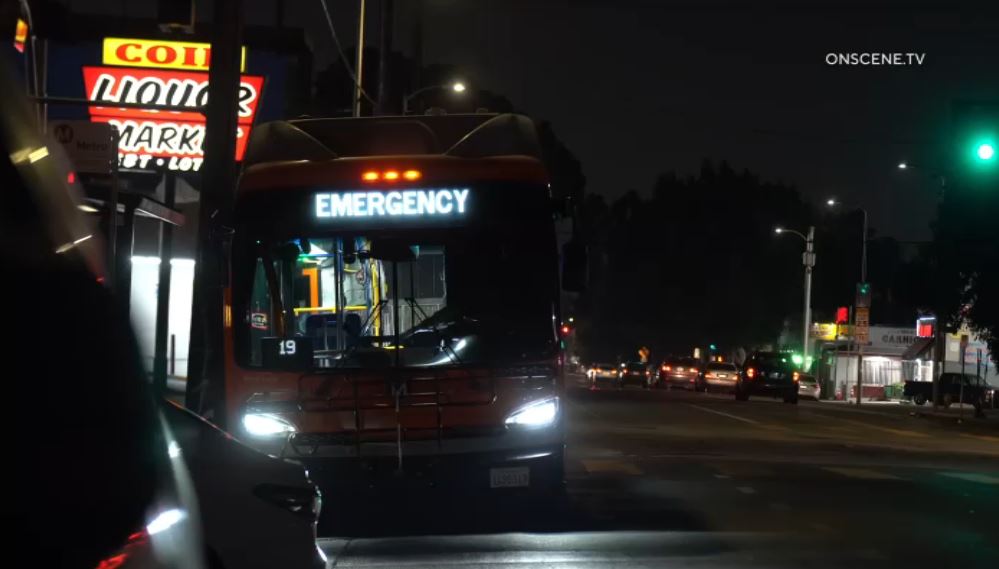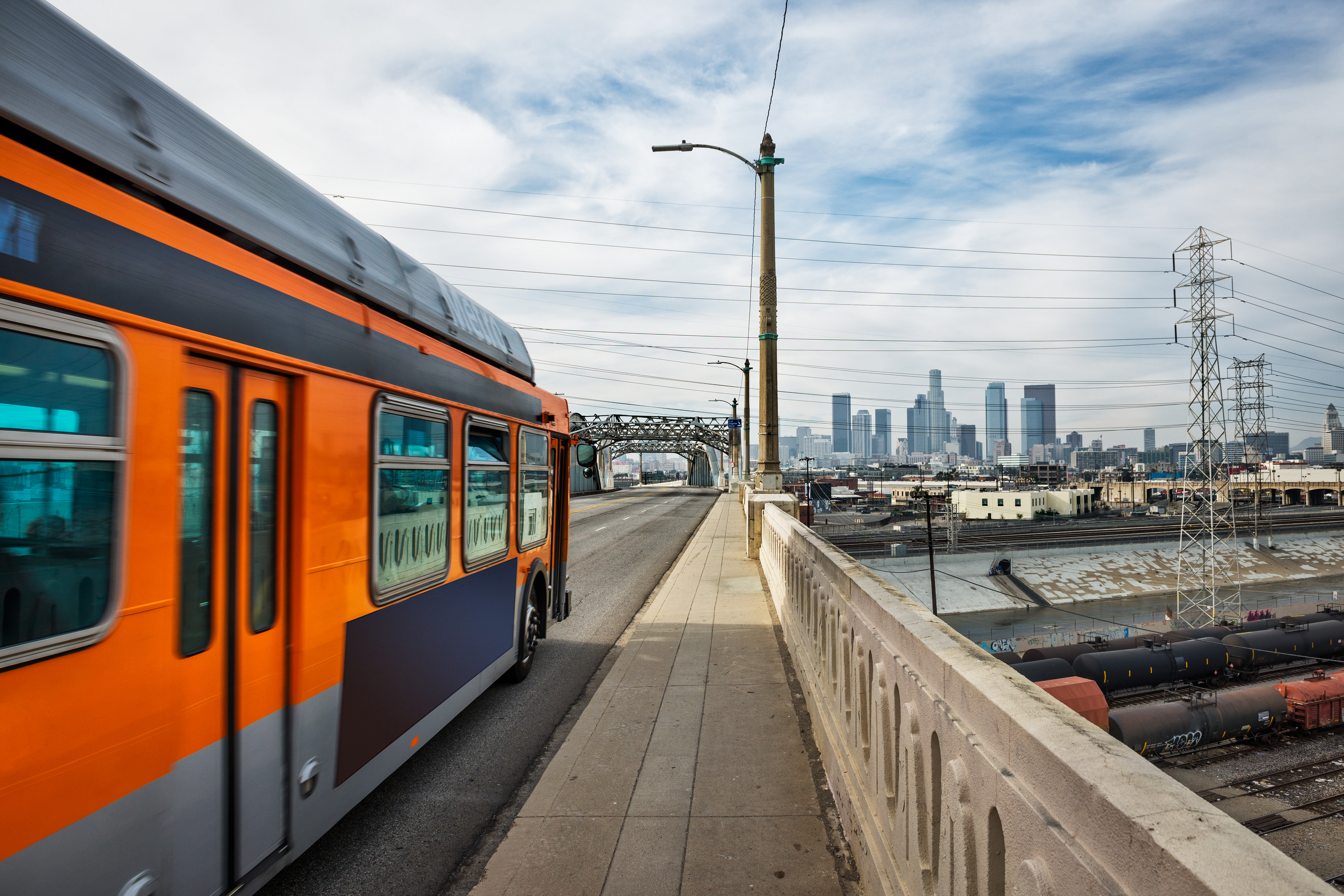Metro officials gathered Wednesday to present the annual "State of the Agency" address, reflecting on a year of infrastructure advances and continued ridership growth, but also of highly publicized violent crimes that spurred plans to form an independent police department to patrol the transit system.
Los Angeles Mayor Karen Bass, completing her one-year term as chair of the board of directors, and Metro CEO Stephanie Wiggins led the event at Union Station. Bass passed the chair's gavel to county Supervisor Janice Hahn after completing her one-year term.
It was a period that included a rash of crimes on the transit system, some targeting Metro employees. The crimes led to calls for a Metro transit safety department.
"We settled decades of debate by acting decisively to change law enforcement on the Metro system by moving forward with creating a new transit safety department to keep everyone safe,'' Bass said. "If you are on transit
... we want everyone to be safe."
Get top local stories in Southern California delivered to you every morning. >Sign up for NBC LA's News Headlines newsletter.
The new Metro police force will be rolled out over five years. Meanwhile, the agency's current contracts with the Los Angeles County Sheriff's Department, Los Angeles Police Department and Long Beach Police Department will remain in place. Law enforcement contracts are expected to be slowly phased out, with the goal of having the agency's in-house department ready to take over by 2029.
The plan is estimated to cost $192.6 million per year, compared to the $194 million multi-agency contract.
Hahn outlined her priorities as well, as she begins to lead the agency's Board of Directors in the 2024-25 fiscal year. She described the recent string of attacks and violent crimes on Metro's system as "alarming'' and "troubling'' to every board member. As the new chair, the Hahn said she will focus on safety for riders and employees. In addition, she wants to help unhoused riders enter shelter, improve rider experience and work alongside the agency's labor unions to improve working conditions for workers.
Hahn added that she plans to follow the example of her father, Kenneth Hahn, a 40-year political leader who played a significant role in the development of both the county and the city of LA.
"I haven't ridden the Metro as much as I should have in the past, but I'm going to make it a point to ride more while I am chair,'' Hahn said. ''At our board meetings, I'm going to talk about what I experienced as a Metro rider -- that will mean calling out problems I see and praising the things that go right.''
Metro CEO Stephanie Wiggins said the agency will continue strengthening its partnerships to address societal issues affecting the transit system. She thanked Metro's law enforcement partners -- Los Angeles Police Department, L.A. County Sheriff's Department and Long Beach Police Department -- for their services.
She described Metro's new approach to safety as one that will bolster engagement and visible presence on the system.
"Our region is contending with historic levels of homelessness, untreated mental illness and addiction. These issues lie at the core of our public safety challenges, and we must address them compassionately and effectively," Wiggins said.
Despite concerns over safety on the transit system, Metro had reported an increase in ridership during May compared to the same period last year, with more than 27.1 million boards on buses and rail lines. June data has not yet been released.
In the past year, Metro has also enacted plans to improve safety for employees and riders, and to partner with cities, the county and regional agencies to address issues such as homelessness, untreated mental illness and substance abuse.
According to a Metro statement, Wednesday's presentations also covered milestones including:
- 18 straight months of ridership growth, including "significant" growth on the weekend and with leisure riders.
- The addition of bus lanes and "significant" progress on projects under construction, including the Airport Metro Connector, the Purple (D) Line extension and "major" planning milestones on the East San Fernando Valley Line, North San Fernando Valley Line and the Southeast Gateway Line.
- Making the Metro Ambassador program permanent, and making the GoPass pilot program permanent to ensure that students can continue to ride for free.



